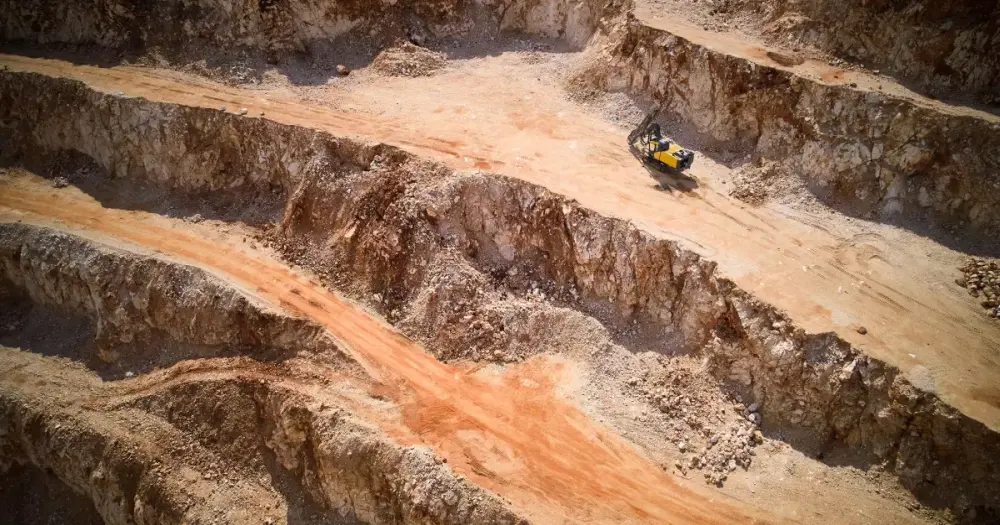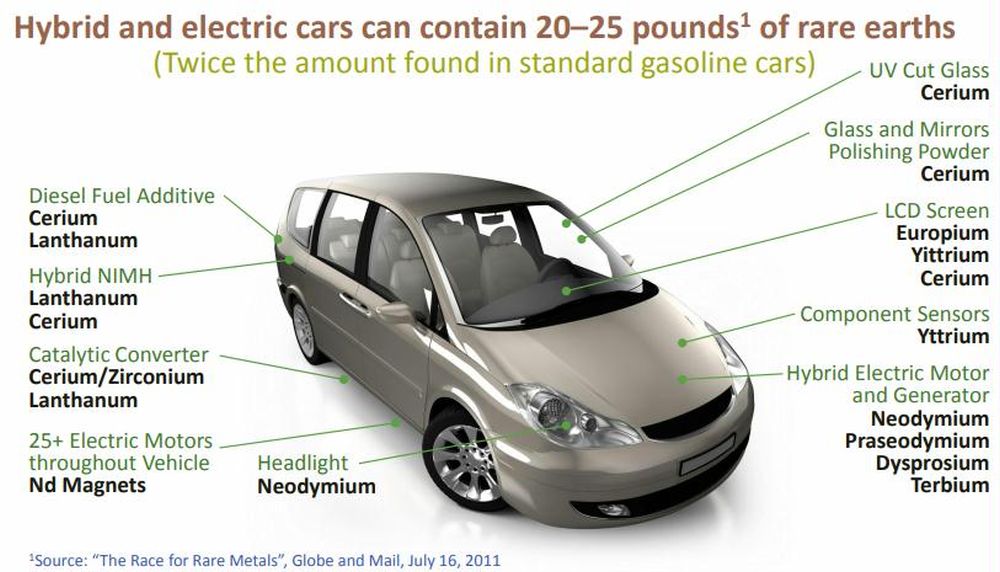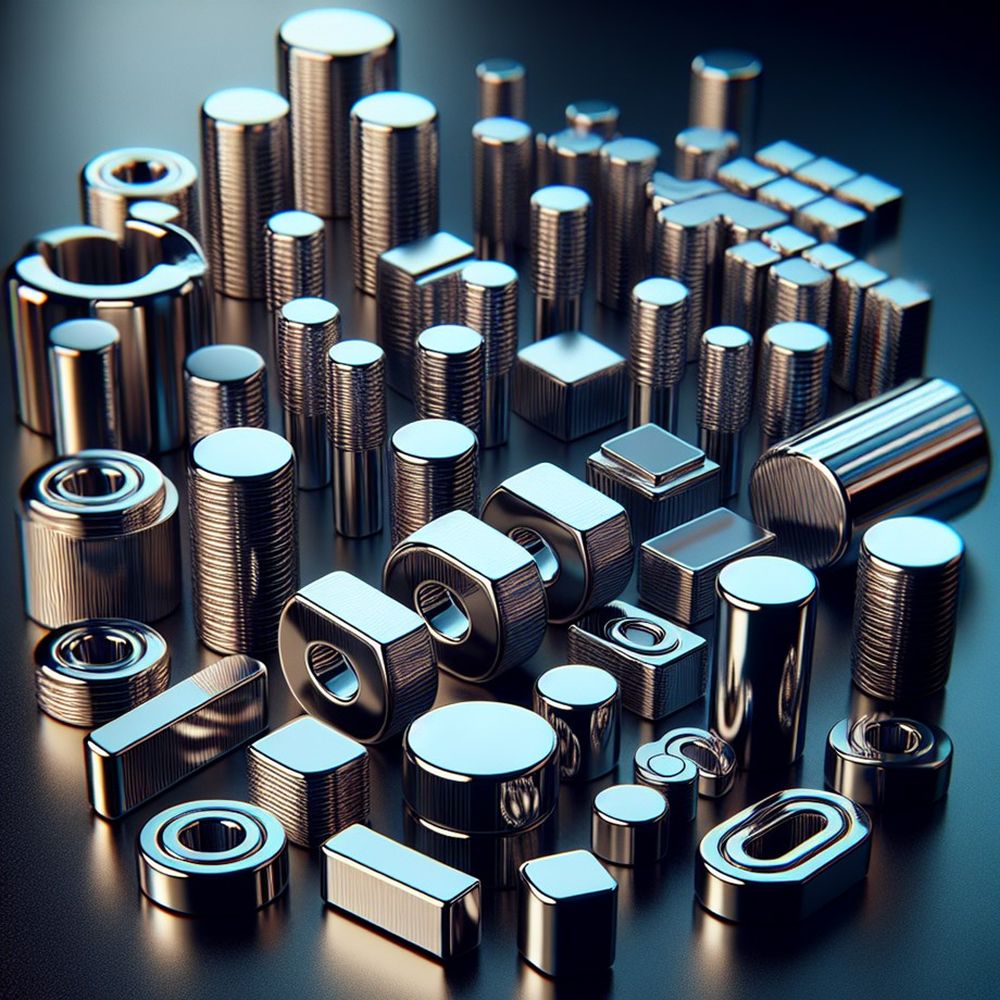The world is grappling with a looming crisis that could make the 2021 chip shortage look mild: a severe scarcity of rare earth elements. These 17 metallic elements, critical for everything from car motors to smartphones and MRI dyes, are overwhelmingly controlled by China, which mines 61% of global supply and processes 92%. In April 2025, China tightened export restrictions, slashing shipments to the U.S. and beyond, sparking fears of widespread disruptions. The auto industry, heavily reliant on rare earths for components like windshield wiper motors and EV batteries, is already feeling the pinch, with Ford briefly halting SUV production in May. This isn’t just about luxury goods—hospitals could face shortages of critical drugs and imaging agents, threatening patient care.

The ripple effects are staggering. Unlike semiconductors, where alternatives eventually emerged, rare earths are uniquely challenging to replace. The U.S. has only two to three months of stockpiled materials, and while some automakers secured temporary six-month export licenses from China, these are mere Band-Aids. Efforts to build domestic processing or develop rare earth-free technologies are underway but years from scalability. The EU’s Critical Raw Materials Act aims to diversify supply chains, yet progress is sluggish. Meanwhile, consumers could soon face soaring prices for cars and electronics, with production delays potentially idling factories and inflating costs across industries.

Why is this happening now? China’s restrictions are partly a trade strategy, leveraging its near-monopoly to flex geopolitical muscle amid tensions with the West. U.S.-China trade talks in London this June offer hope, with President Xi promising to resume some exports after a call with President Trump. But experts warn that slow or partial flows won’t avert a crisis. The U.S.’s decades-long failure to invest in domestic rare earth processing has left it vulnerable, a strategic oversight now biting hard. This isn’t just a supply chain hiccup—it’s a wake-up call about dependency on a single nation for materials underpinning modern life.

The crisis underscores a harsh reality: global supply chains are fragile, and overreliance on one country for critical resources is a recipe for chaos. While alarmist comparisons to a “chip shortage on steroids” might overstate immediate collapse, the threat is real. Long-term solutions like recycling rare earths or mining in Australia and Canada exist, but they’re not quick fixes. For now, industries brace for turbulence, and consumers may soon feel the squeeze. This rare earth reckoning demands urgent action to secure a resilient future.

